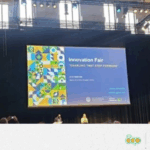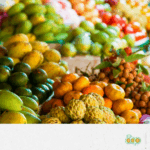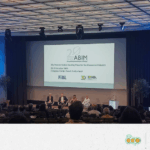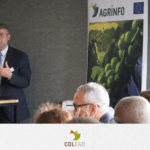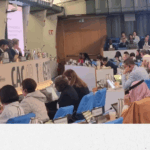- 09/09/2025
- Posted by: Sandra Borma
- Category: News
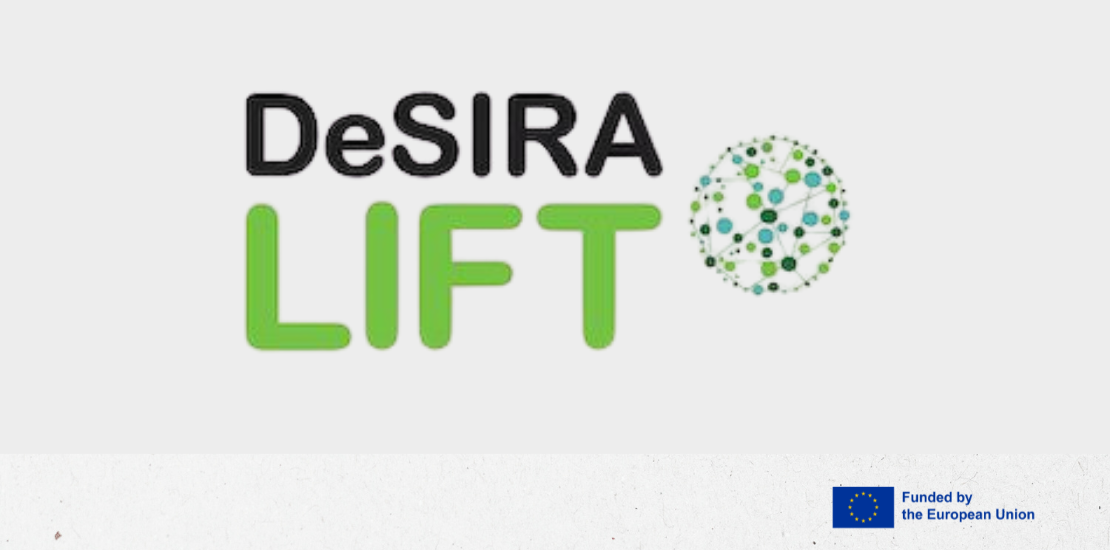
The DeSIRA LIFT programme has recently published several reports that highlight key initiatives aimed at strengthening agricultural innovation and inclusion in Africa.
‘Women and Innovation’: Fifteen case studies illustrate the central role of women in transforming agri-food systems, whether as farmers, entrepreneurs, researchers, or community leaders. Their innovations foster sustainable livelihoods, community resilience, and responsible natural resource management.
From research to business: In collaboration with the RUFORUM network, a study analysed how universities in countries such as Cameroon, Senegal, South Africa and Uganda can better translate research results into viable enterprises. The study’s findings offer concrete ways to strengthen entrepreneurship and employment, particularly among young people and women.
Co-certification of training: Another report explores mechanisms for the joint certification of short professional training courses in the agricultural sector. The aim is to create an evolving framework for skills recognition that is accepted by universities, governments, businesses, and regional actors.
Agricultural e-learning: A study of e-learning platforms revealed significant potential for the development of digital content dedicated to managing and facilitating agricultural innovation. Of the 170 universities in the RUFORUM network that were examined, 136 already have online training systems in place, paving the way for large-scale reinforcement of regional capacities.
These analyses aim to inform continental policy dialogues and propose practical solutions for inclusive, sustainable, innovation-driven agricultural transformation in Africa.
Within the DeSIRA LIFT project, COLEAD has collaborated closely with African research organisations specialising in areas that contribute to sustainable agriculture and food systems.
DeSIRA-LIFT (June 2021 – May 2025) is the result of close collaboration between Agrinatura (European Alliance on Agricultural Knowledge for Development), the European Forum on Agricultural Research for Development (EFARD) and the European Commission’s Directorate-General for International Partnerships (DG INTPA).

